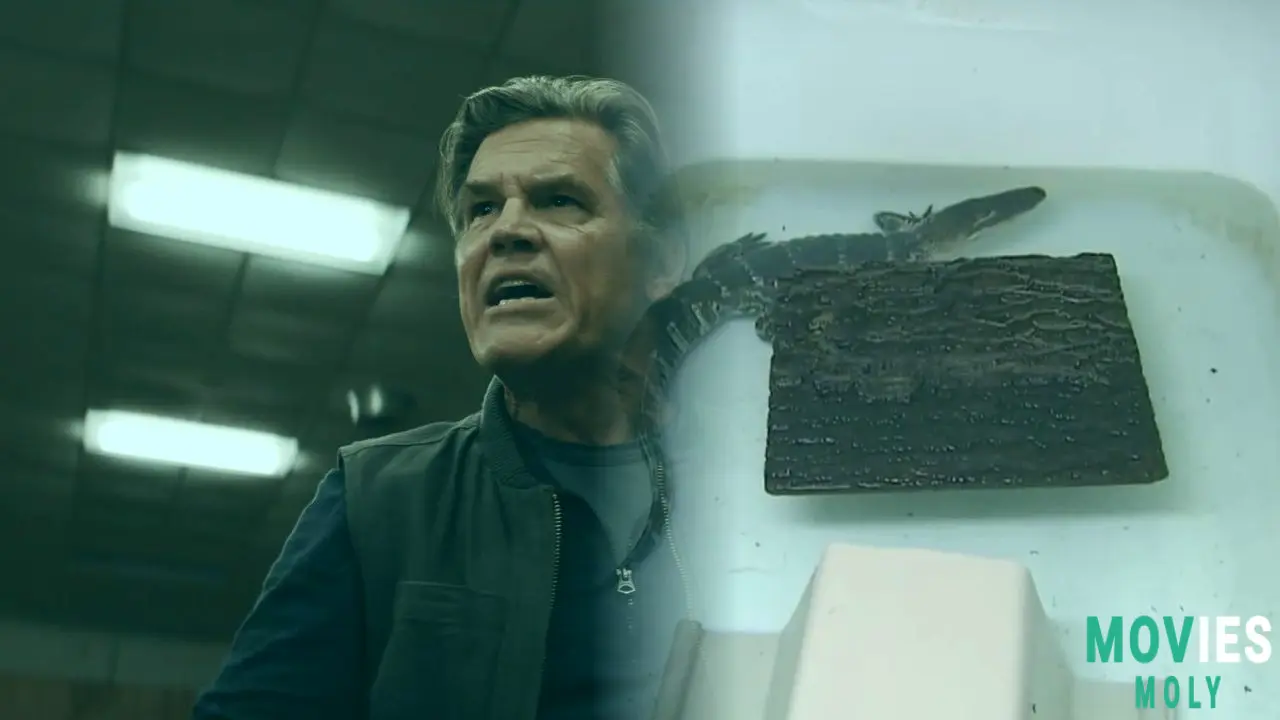Zach Cregger's Weapons has swiftly established itself as a prominent force in the horror genre, sweeping the box office and provoking extensive debate. Following the success of his last film, Barbarian, Cregger returns with a psychological horror story about pain, bereavement, and the unnerving unknown in the small hamlet of Maybrook. The film's gripping mystery and superb performances have gripped audiences, making it a must-see for horror enthusiasts.
Weapons generated a lot of talk before it was released, thanks to a cryptic trailer and Cregger's reputation for surprise twists. The film's outstanding opening weekend figures demonstrate that original horror can still draw large crowds to theaters. Many others are attempting to decipher the deeper meanings behind the terrible happenings and what they signify for the future of horror cinema.
Weapons Trailer Breakdown: Hidden Clues and What They RevealThe Weapons trailer expertly builds anticipation by providing just enough to pique interest without giving away the film's main secrets. It begins with frightening images of a tranquil suburban street, which is abruptly interrupted by the chilling sight of 17 children silently coming out of their homes in the dead of night. This immediate visual hook establishes a sense of unexplainable fear, leaving viewers with more questions than answers.
The trailer emphasizes the frenzied responses of the parents who remain behind, particularly Josh Brolin's character, Archer, whose sheer grief is obvious. Julia Garner's Justine Gandy is subjected to intensive scrutiny, hinting at her vital, although ambiguous, involvement in the mystery. The music alternates between a slow, creepy drone and sudden, startling blasts, reflecting the film's own unpredictable horrors. Specific pictures of vacant beds, frantic searches, and perplexed expressions in the Maybrook neighborhood convey the broad dread and uncertainty.
The trailer cleverly conceals the true nature of the threat. It implies a supernatural element, a mass disappearance, or possibly a cult, but it avoids providing a definitive explanation. This ambiguity was a positive, allowing audiences to speculate freely before the film's premiere. The trailer's effectiveness stems on its ability to evoke intense dread and an urgent need for answers, enticing viewers with the promise of a one-of-a-kind horror encounter.
Key Moments from the 'Weapons' Trailer
Cast of 'Weapons': Who's Who in Maybrook
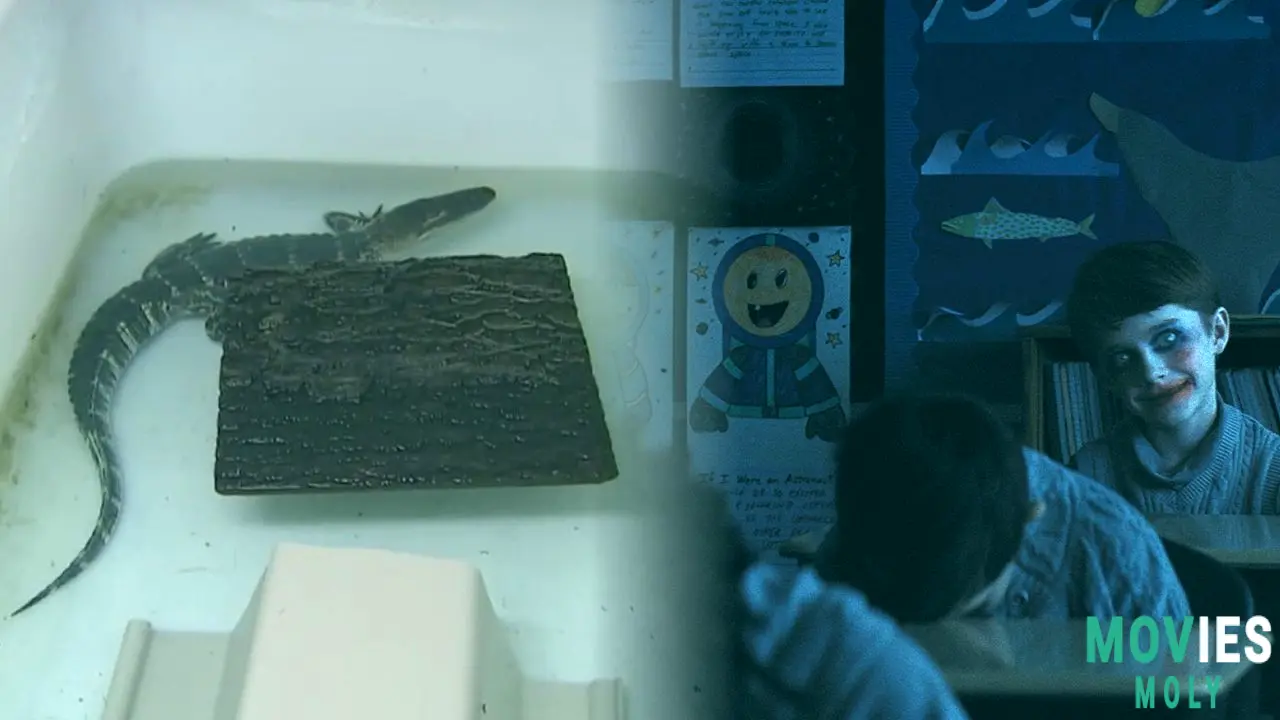
The ensemble cast of Weapons gives great performances that sustain the film's frightening narrative. Each actor lends a unique weight to their roles, representing characters dealing with an inconceivable situation. Their conversations and personal challenges are crucial to the film's emotional effect.
Julia Garner as Justine Gandy.
Julia Garner plays Justine Gandy, a third-grade teacher who finds herself at the heart of the Maybrook mystery. Her integrity is immediately questioned, not because there is any strong evidence, but because the absence of the children is simply impossible. Garner portrays Justine as frail but resilient, portraying her deep sorrow and confusion as she navigates accusations and her own desperate hunt for answers. Justine's narrative encompasses a profound journey through loss and a determined fight for her innocence, which makes her an intriguing character.
Josh Brolin as Archer.
Josh Brolin portrays Archer, the father of one of the missing children. His performance is genuine and dramatic, evoking the uncontrollable rage and grief of a parent whose child has vanished without trace. Archer's tireless quest of the truth, which often border on aggressive, propels the story along. Brolin masterfully transforms the character's anguish into a passionate desire for action, even if it means facing people he accuses.
Other notable cast members include Alden Ehrenreich as Paul, a local cop whose attempts to maintain order are tested by the strange events; Cary Christopher as Alex, the only child from Justine's class who did not disappear and whose silence holds a strange significance; Benedict Wong as Marcus, the school principal attempting to manage the community's panic; and Amy Madigan, who brings a veteran presence to the Maybrook residents.
As one social media user commented:
The 'Weapons' cast, lead by Julia Garner and Josh Brolin, gives strong performances that heighten the unnerving mystery. #WeaponsCast #Movie Review
Weapons Movie Plot and Ending Explained.
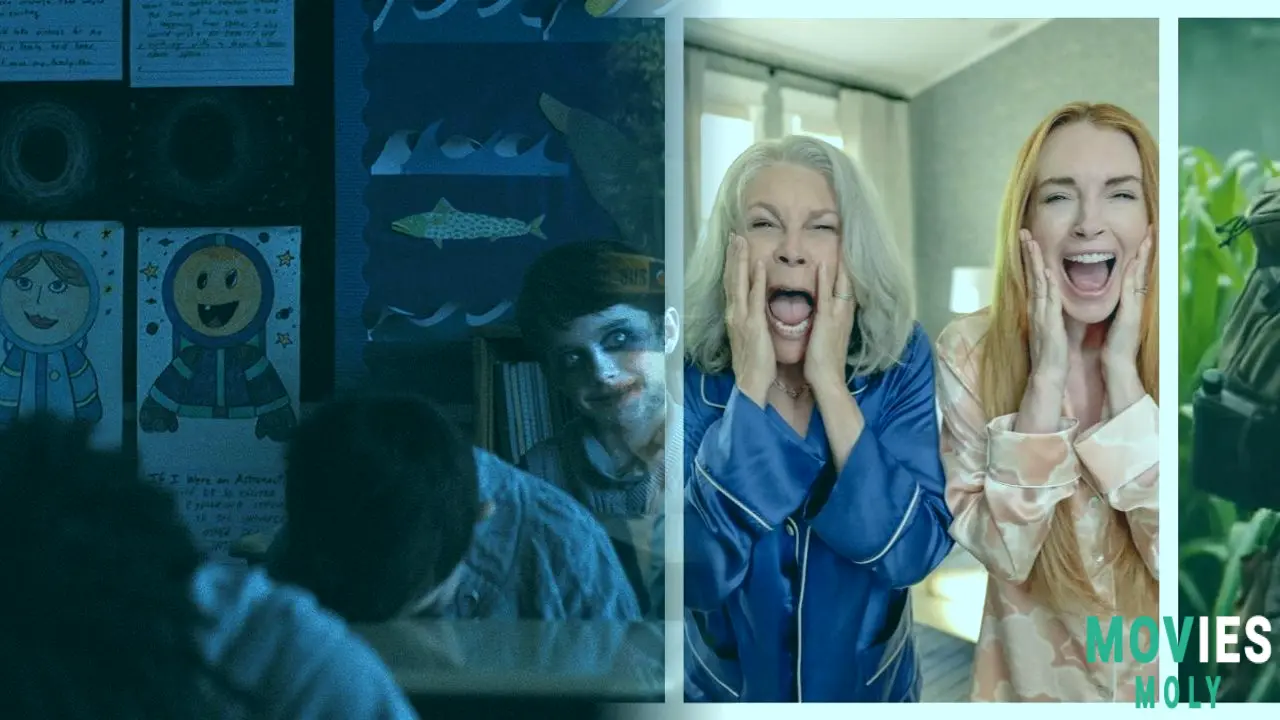
The plot of Weapons takes place in Maybrook, a seemingly average suburban town that is thrown into disarray when 17 third-grade students disappear from their homes at 2:17 a.m. The film initially concentrates on the immediate aftermath: the perplexed parents, the police inquiry, and the growing suspicion of Justine Gandy, the kids' teacher. As the community attempts to adapt, a deeper, more disturbing reality begins to surface.
The Maybrook Mystery: A Synopsis
The central question is how the youngsters vanished without a trace, captured solely by doorbell cameras dashing silently into the darkness. The film investigates the psychological toll this event has on Maybrook, which manifests as paranoia, blame, and great grief. The story suddenly shifts, revealing that the disappearances are not random, but rather linked to a hidden, ancient force that has lain dormant in the village. This energy, which manipulates fear and regret, begins to materialize in horrifying ways, primarily targeting adults who are preoccupied by their emotional loads.
In the film, the concept of "weapons" takes on multiple layers. Initially, it refers to the unknown entity responsible for the children's disappearance. However, it becomes evident that the individuals' unresolved pain and sadness are formidable weapons against themselves and one another. The film employs this concept to comment on how internal conflicts can be exploited and transformed into exterior atrocities.
Unpacking the 'Weapons' ending.
Weapons' ending is both startling and scary. It is revealed that the creature is not merely stealing the children, but also changing them into vessels for its power, or possibly absorbing them into its own existence. The "weapons" are not tangible objects, but rather the children, or their warped copies. The film concludes with a meeting in which the parents, particularly Justine and Archer, must face the horrible reality of what their children have become. The closing minutes indicate that the creature cannot be completely defeated, only contained or temporarily repulsed, leaving a sense of dread and the possibility of its return. The ending underlines that some catastrophes can only be survived, leaving long-term scars on the Maybrook community.
Many audiences were left thinking about the film's concluding implications:
From the ominous 'Weapons' trailer to the unexpected climax, this film keeps you guessing. What are your theories? #WeaponsExplained #HorrorFilms
Zach Cregger's Vision: From 'Barbarian' To 'Weapons'
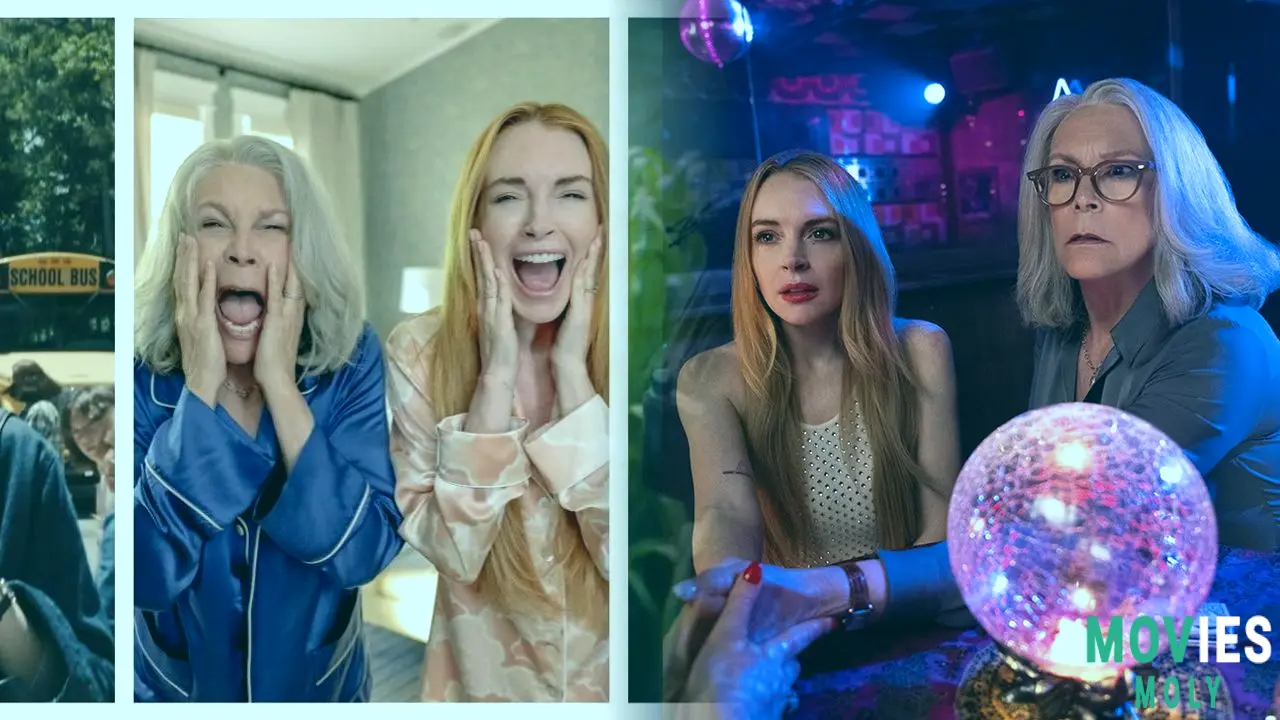
Zach Cregger has swiftly emerged as a prominent figure in modern horror, noted for his ability to combine genres and defy expectations. His approach to filmmaking is distinguished by meticulous pace that creates tension, surprising narrative turns, and a willingness to confront hard issues. Weapons demonstrates a distinct growth in his directing technique, building on the groundwork set by Barbarian.
Weapons vs. Barbarian: Narratives and Scares
While both Weapons and Barbarian feature Cregger's distinctive blend of horror and dark humor, Weapons is a more developed and ambitious work. Barbarian excelled at rapid tone swings and claustrophobic scares, immersing its protagonists in a genuine underground nightmare. Its narrative was divided into sections, each providing a unique perspective on a separate horrific area.
Weapons, on the other hand, broadens its reach to include the entire community, concentrating on the psychological consequences of a collective trauma. The horror in Weapons is less about jump scares and more about a pervading sense of foreboding and the disturbing metamorphosis of innocence. Cregger uses a larger canvas to investigate how fear may infect an entire village, pitting neighbors against one another. The scares are more diverse, ranging from subtle ambient tension to scenes of visceral body horror, demonstrating Cregger's growing command of the horror orchestra.
Cregger's personal experiences with loss had a significant impact on the picture. He has indicated that creating Weapons was a way for him to cope with the loss of someone close to him, allowing characters such as Archer to externalize his own rage and Justine to reflect the struggle with impossible circumstances. This personal link lends credibility to the film's emotional heart, grounding the terror in human experience.
Behind-the-scenes insights
Weapons manufacture presented unique problems, but Cregger's strong vision directed the crew. The sound design is key, with subtle, unsettling noises and startling, piercing sounds used to heighten the tension. Wide shots underscore Maybrook's solitude, while intimate close-ups portray the protagonists' rising terror. The musical score, while not overpowering, gently emphasizes the film's spooky atmosphere, crescendoing during scenes of intense horror. This careful attention to technical aspects heightens the overall scary experience.
Weapons' Box Office Success and Critical Reception
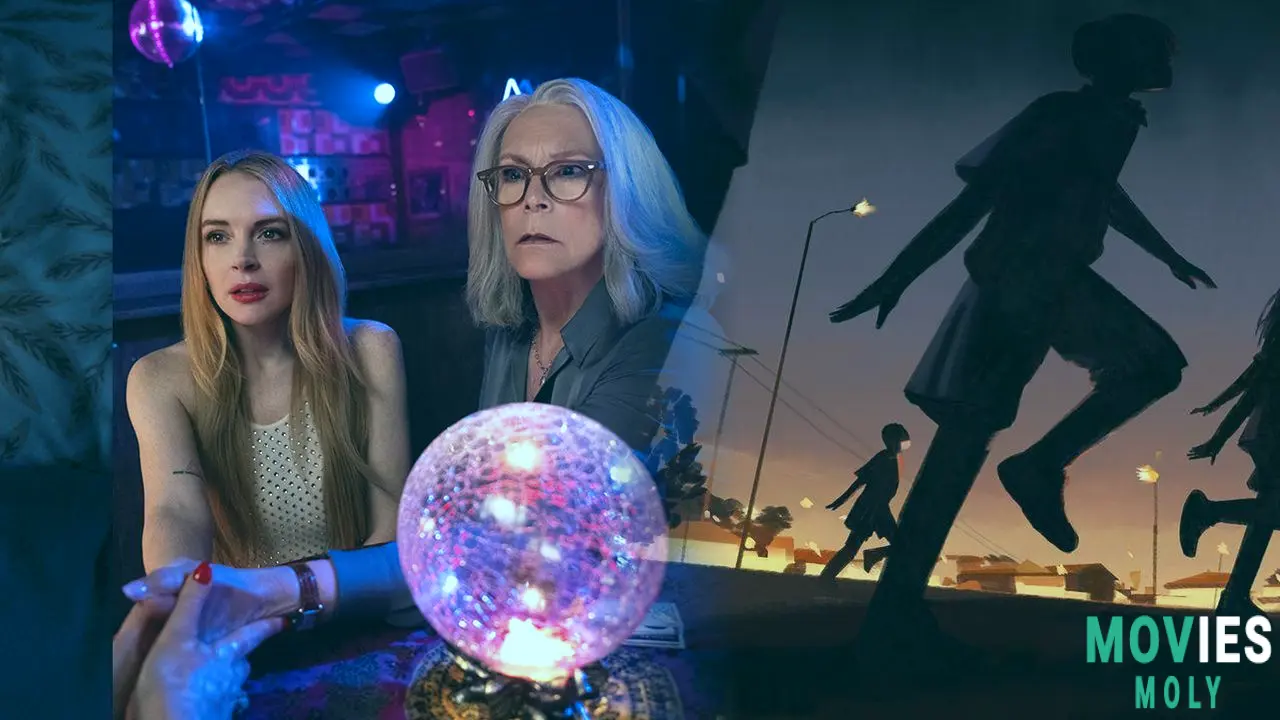
Weapons has enjoyed great movie office success, grossing $42.5 million domestically and $70 million overseas. This impressive debut establishes it as Warner Bros. Pictures' eighth number-one opening of the year, and its sixth consecutive film to gross more than $40 million domestically. The film's performance indicates an increasing need for creative horror pictures that push the envelope.
Critical acclaim and audience scores
The film has received tremendous critical acclaim and now has a 95% approval rating on Rotten Tomatoes. Critics have commended Cregger's direction, the cast's riveting performances, and the film's ability to offer genuine shocks while delving into difficult subjects. Audiences have also responded enthusiastically, with strong word-of-mouth boosting its box office performance. Its CinemaScore, while not publicly available, is said to be positive, indicating high audience satisfaction.
The film's success clearly demonstrates its impact:
Is 'Weapons' the new horror phenomenon? The box office success and critical praise indicate that Zach Cregger has done it again! #WeaponsFilm #BoxOffice.
Beyond the Fears: Themes and Symbolism in 'Weapons'
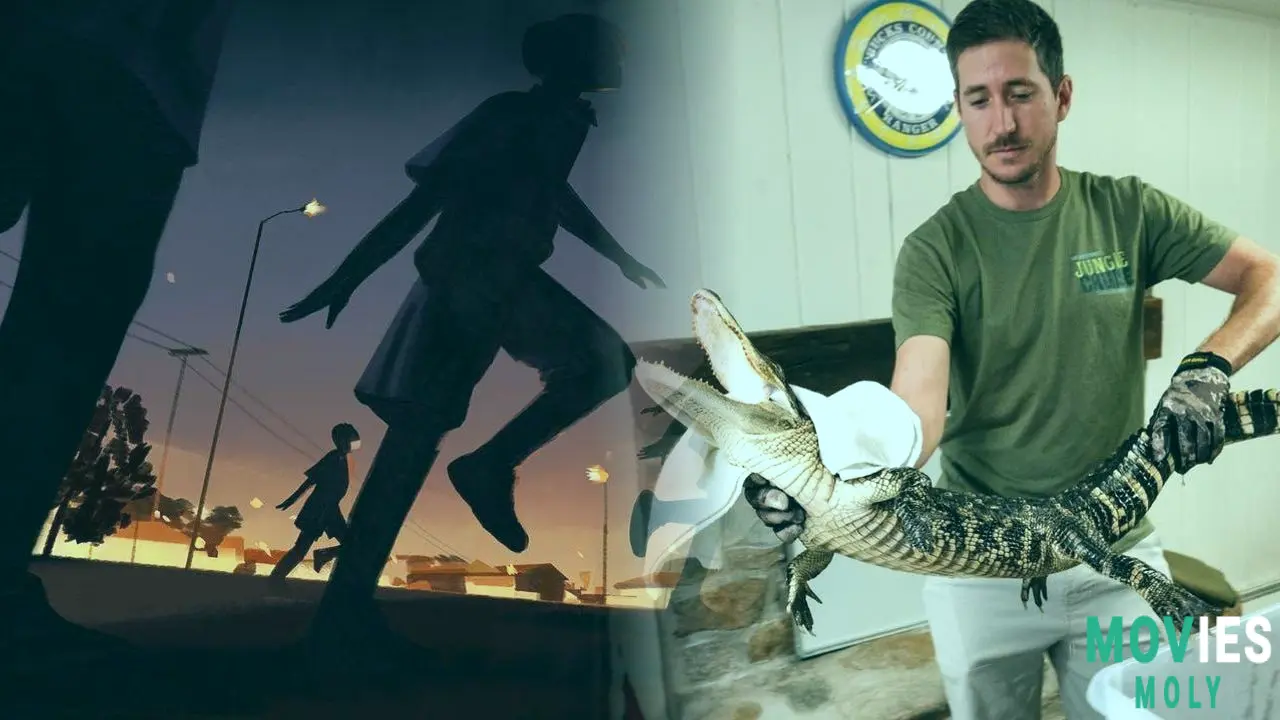
Beyond its horrifying plot, Weapons is rich in underlying ideas and symbols that contribute to its long-term influence. Cregger uses the horror tale to explore deeper sociological and psychological themes, making the film more than just a series of jump scares.
Grief as a Driving Force.
Weapons explores the enormous force of grief and trauma. The children's disappearance serves as an incomprehensible collective trauma, shattering the Maybrook community. The video delves at how people cope with such a profound loss, which frequently manifests as denial, resentment, and a desperate search for solutions. The characters' emotional states are not only reactions to the terror; they become intrinsic to the horror itself, as the unseen monster appears to feed off their sorrow.
The video implies that unmanaged sadness may be a harmful force, turning people against one another and leaving them susceptible to external manipulation. Characters such as Archer and Justine express real feelings, emphasizing the isolating nature of severe sorrow and the desperate means humans will take when confronted with the unimaginable.
Beyond the scares, 'Weapons' questions notions of grief and culpability. A must-see for fans of psychological horror. #WeaponsTrailer #ZachCregger.
'Witch Hunt' Allegory
Another key symbolism in Weapons is the concept of a "witch hunt." As suspicion grows and no logical explanation for the disappearances emerges, the village of Maybrook begins to turn against itself. Justine, as the children's teacher, is an easy target for blame, regardless of the evidence. This parallels historical witch hunts, in which fear and paranoia led to the prosecution of innocent people based on circumstantial or imagined crimes.
The film explores how readily a group can fall to irrational fear and seek a scapegoat when confronted with the unexpected. It investigates the dangerous implications of communal frenzy and a breakdown in trust, demonstrating how fast a seemingly typical village may devolve into internal warfare. This cultural commentary gives the terror a keen edge, making it seem horribly relevant.
Does 'Weapons' include a post-credits scene?
No, Weapons does not include a post-credit scene. After the main story closes, the film cuts to the credits, with no further material or teasers. This approach is consistent with the film's general tone, which prioritizes a lingering sense of dread and unanswered concerns over direct sequels or building a connected universe.
The lack of a post-credit scene maintains the notion that the atrocity in Maybrook is a standalone event, despite its far-reaching implications. It leaves the audience with the disturbing finality of the finish, allowing the story's psychological impact to speak for itself without the need for additional narrative impulses. This is a popular decision in solo horror films, where the purpose is to create an impression rather than to establish a series.
Audience Reactions and Theories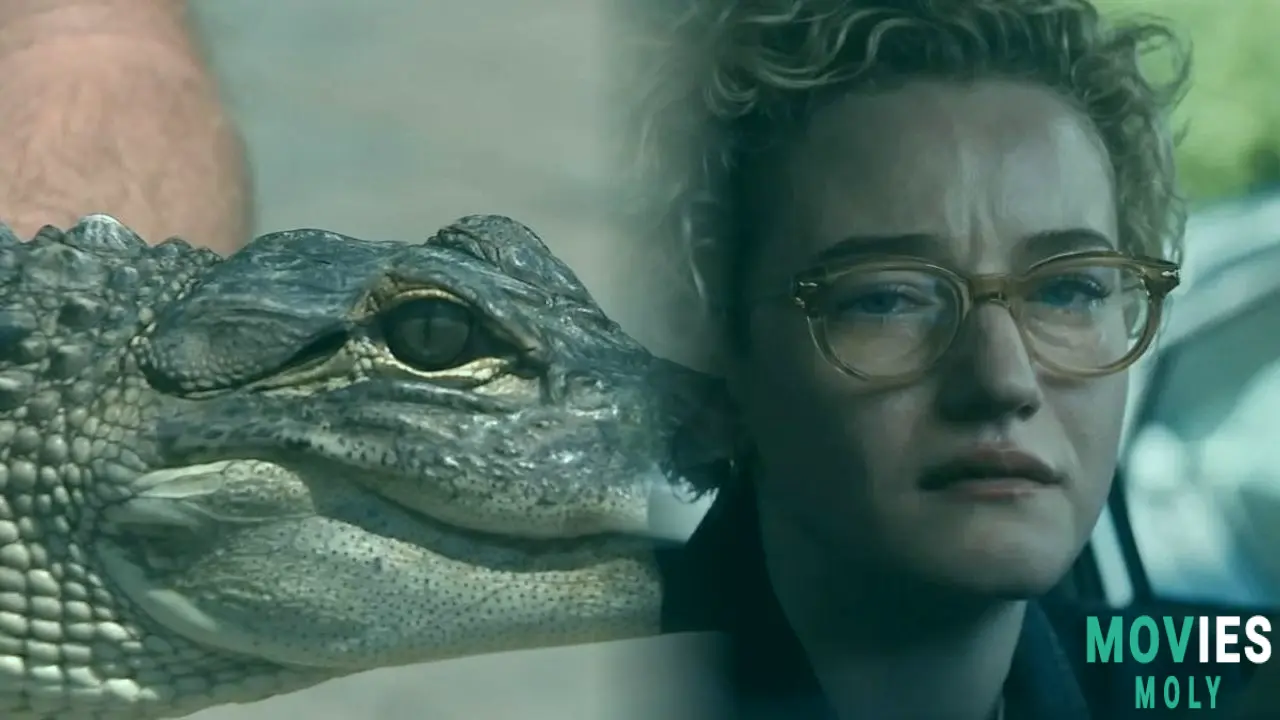
From the moment the Weapons trailer debuted, fans began to speculate about the film's plot and hidden undertones. The mystery of the missing youngsters and the nature of the "weapons" aroused several online discussions. Post-release, these hypotheses have only multiplied, with fans seeking to put together the small hints and understand the film's cryptic conclusion.
Many pre-release ideas centered on a supernatural entity or cult responsible for the disappearances. Some thought that the children themselves were the "weapons," or that there was a psychological phenomenon at work. The film's title, Weapons, led to speculation about literal tools of destruction, or metaphorical ones, like fear or silence.
After seeing the film, audience discussions shifted to the entity's motivations and the precise nature of its influence. Theories about the children's transformation, the cyclical nature of trauma, and the film's social commentary became prominent. The open-ended conclusion has encouraged continued debate, with many trying to find definitive answers where the film intentionally leaves room for interpretation. The film's ability to provoke such deep thought and discussion is a testament to its compelling narrative design.
Zach Cregger's 'Weapons' is more than just a horror thriller; it delves deeply into pain and community. The trailer suggests a scary voyage! #WeaponsMovie #Horror.
The Future of Horror: 'Weapons' Impact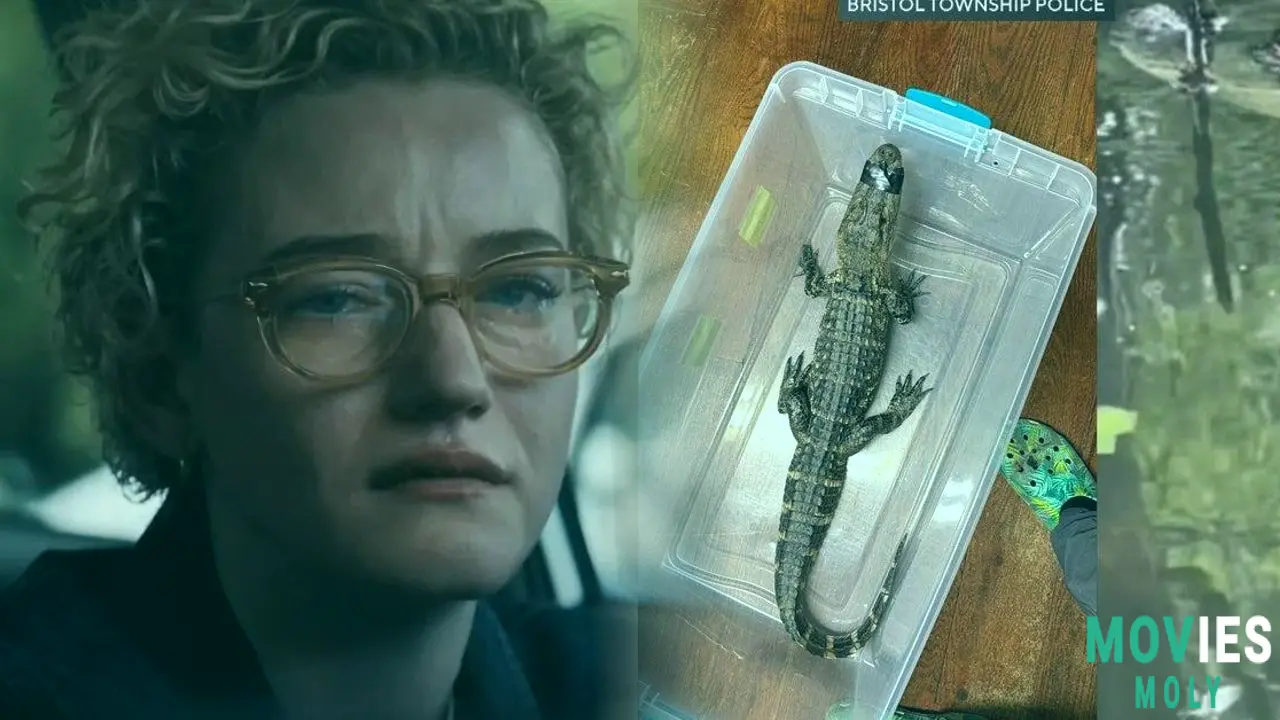
Weapons has made a significant mark on the horror genre, proving that original, non-franchise films can still achieve major box office success and critical acclaim. Its blend of psychological horror, meta-commentary, and a focus on community trauma sets a precedent for future horror films. The film's success suggests that audiences are eager for stories that challenge traditional horror tropes and offer deeper thematic exploration.
Cregger's continued exploration of the genre, moving from the confined terror of Barbarian to the widespread dread of Weapons, indicates a director who is unafraid to experiment. This approach could inspire other filmmakers to take risks with their narratives and explore more complex human emotions within horror settings. The film's positive reception also reinforces the idea that strong writing and compelling performances are just as important as high-concept scares in creating a memorable horror experience.
The success of Weapons, alongside other recent horror hits, suggests a vibrant future for the genre, one where filmmakers are empowered to tell unique stories that resonate with audiences on multiple levels. It solidifies Zach Cregger's position as a director to watch, with his next projects likely to continue pushing the boundaries of what horror can achieve.

